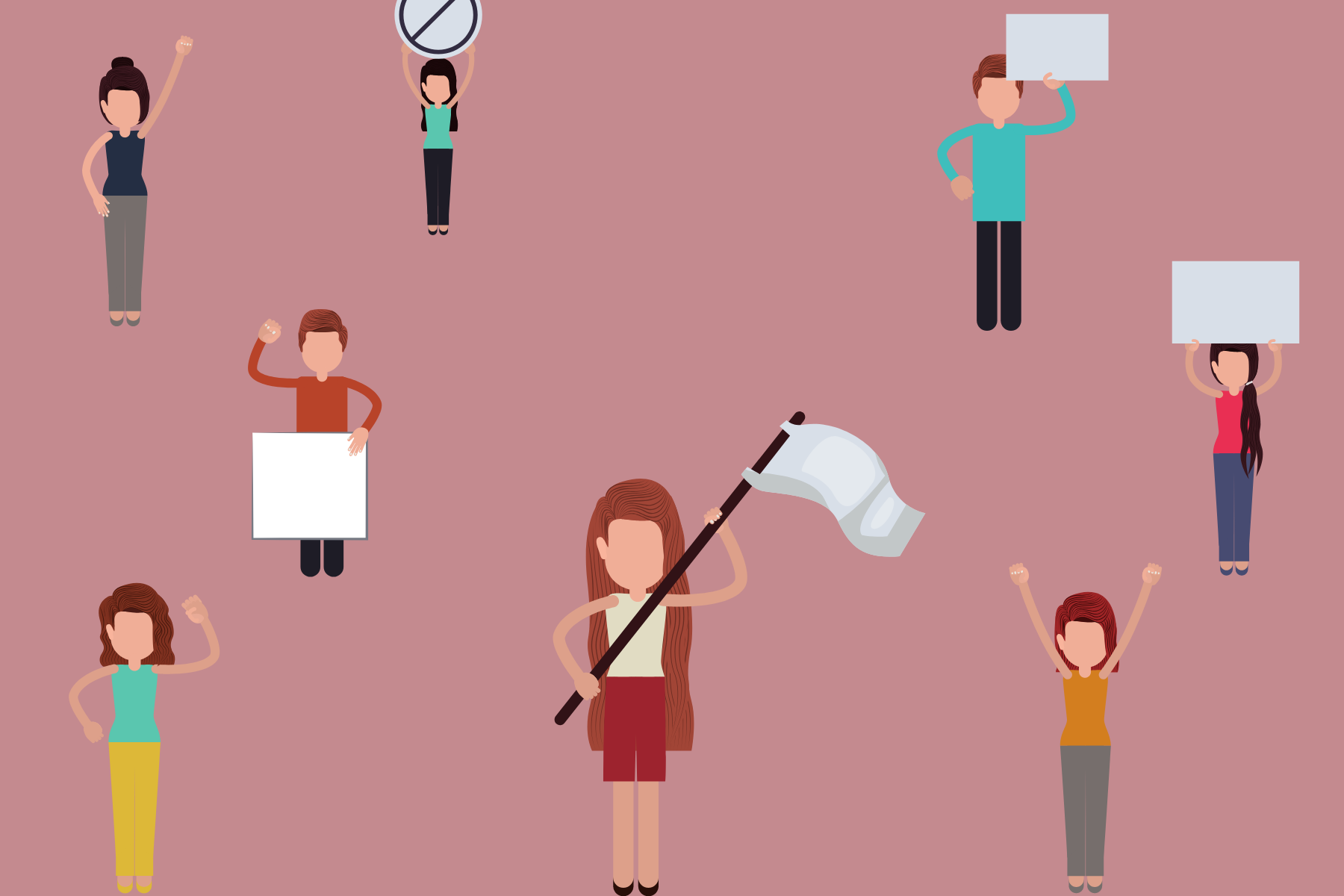By Paris A.
The challenge of portraying women in film in an accurate light has been a battle fought by society for decades. Particularly in the action genre, women are sexualized, objectified and most often side characters. Within the action, superheroes have always been widely popular and widely targeted at men.
I personally am a huge fan of Superhero comics and movies. Even if they are not specifically targeted at women, a large portion of fans is women. Marvel entertainment studios are one of the most successful franchises, turning their comics into movies and shows that are hugely profitable. The Washington Post columnist Monica Hesse illustrates the progress that has been made, specifically for women represented in Marvel films.
While many critics of the subject might argue that there are too many flaws with the franchise regarding women, and while there is always room for improvement, Hesse makes key points about what sets the Marvel women apart from others.
As background, the Marvel entertainment franchise has surmounted over $29 billion off of their famed and ever-loved superheroes. Over $19 billion of their earnings came from the box office alone, where the Marvel Cinematic Universe is extensive and crowd-pleasing.
From their extensive list of characters, many are women and each has unique specialties. To name a few, Natasha Romanoff (Black Widow) is a Russian spy/assassin, Wanda Maximoff (Scarlet Witch) uses telekinesis/energy bending and Carol Danvers (Captain Marvel) is a trained extraterrestrial being that has to use her powers to help earth from aliens. Their powers are each distinctive and come in a wide range.
Hesse makes distinctions about the usage of female characters and the interactions she saw after watching all 21 movies in the MCU before the final Avengers movie; Avengers Endgame. From the start of the Marvel Cinematic Universe with Iron Man(2008), it is apparent that the times have changed. She notes how Tony Stark, a famous playboy philanthropist genius, is parading his assistant around and speaking to her inappropriately as her boss. But by the end of the Iron man Films, she is the CEO of Stark Industries and working hard for her earned the title.
What is significant about these films is that we can see the progression of women in the business incorporated into them. I remember sitting down and watching all of the MCU movies in order and, similar to Hesse, was pleasantly surprised at the change I started to see in women’s representation.
While some female characters were originally placed in the movies to provide more for the leading male stars, like Pepper Potts and Natasha Romanoff, as society began to change that change was rightfully reflected on screen. Natasha started off as a lure for Tony Stark and developed into a complex character with her own fierce back story(Surprise twist: it doesn’t have to do with a man!). She becomes a part of the Avengers team and maintains stable and platonic relationships with her fellow superheroes.
Similarly, Ant-man and the Wasp, the sequel to Ant-man, features Hope Pym as her own Ant superhero who has huge aspirations to figure out how to save her mother who has been lost in the quantum realm for decades. As well, as a refreshing change of pace as this also features a complex female villain.
In the later portion of films in the MCU, we really get a look into the female characters and a pattern is consistent: these women share the same ideals as their male counterparts. This idea of liberal feminism is overwhelmingly apparent in Avengers Endgame, were in the final battle, there almost were equal numbers of women and men.
Journalist Alexis Reliford writes about the criteria for feminist films and where the MCU fits into these categories. Many films pass certain tests and others do not, but it got me thinking about how Marvel uses women to tell an amazing story. The film Black Panther really stands out in that there is no questioning or underhanded message behind the leading women who are part of the lead’s(Chadwick Boseman) team. He has 3 women at the head of his scientific research team and weapons development without question or mention of a man in their backstory.
As the MCU continues on, more women are being represented in the action genre and not embellishing the story of the male lead. With many of the main Avengers gone, the scene is set with more women than ever: Wanda Maximoff at the top, Shuri and Okoye (Black Panther), Gamora, Carol Danvers, Hope Pym and (hopefully) many more will carry Marvel into the next phase. Although the feminist themes are underlying, the progress these characters and women have made throughout the franchise continues to grow.
